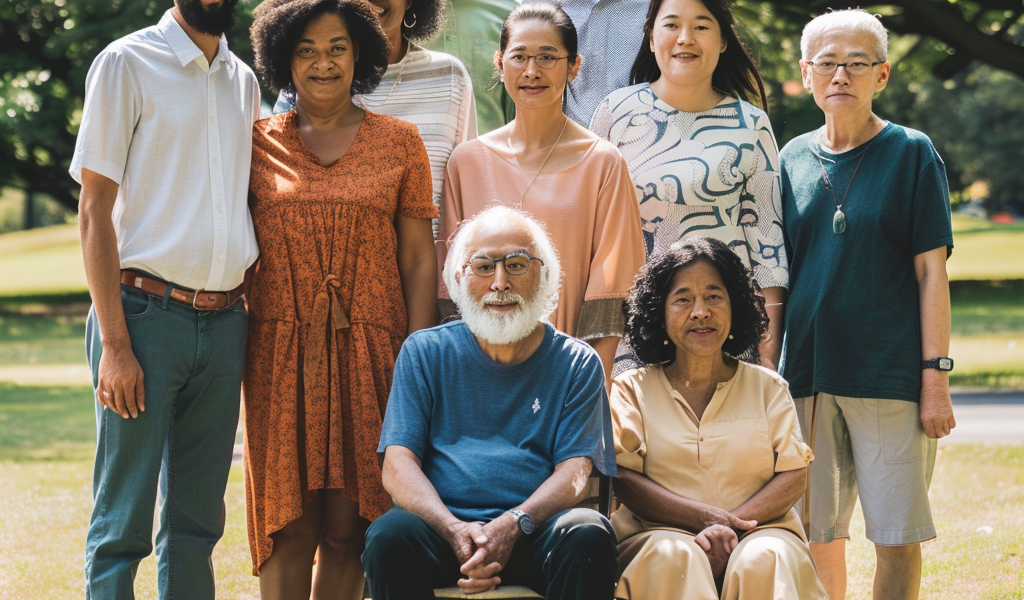In a significant development in asthma treatment, Avillion Life Sciences Ltd has announced promising results from the Phase IIIb BATURA trial, which evaluated AstraZeneca’s inhaled anti-inflammatory medication, Airsupra (a combination of albuterol and budesonide). The trial focused on patients suffering from intermittent or mild persistent asthma and has shown a statistically significant reduction in the risk of severe asthma exacerbations when Airsupra is used as a rescue medication.
The Independent Data Monitoring Committee (IDMC) overseeing the trial recommended an early halt due to the overwhelming efficacy observed in the pre-planned analysis. This early stopping indicates that the benefits of Airsupra were clear and compelling, allowing for a prompt focus on the positive outcomes.
The BATURA trial was conducted under an exclusive clinical co-development agreement between Avillion and AstraZeneca. It involved participants who were either using short-acting beta2-agonist (SABA) alone, low-dose inhaled corticosteroid (ICS) maintenance therapy, or leukotriene receptor antagonist (LTRA) maintenance therapy. The results are particularly relevant given that asthma affects approximately 262 million individuals globally, with over 25 million of those in the United States alone.
Asthma is characterized by chronic inflammation of the airways, leading to variable symptoms and a significant risk of severe exacerbations, especially in patients with mild forms of the disease, who make up at least 50% of the asthma population in the U.S. The potential of Airsupra to provide effective relief as an as-needed rescue medication presents a promising advancement in asthma management.
James Donohue, Emeritus Professor of Pulmonary Medicine at the University of North Carolina and Chair of the IDMC, emphasized the importance of these findings. He stated, “People with asthma are at risk of severe exacerbations, and the results from the BATURA trial highlight the potential of Airsupra to significantly reduce this risk for patients with intermittent or mild persistent asthma.” This statement underscores the critical need for effective treatments in a population that is often underserved.
The positive results from the BATURA trial are expected to pave the way for further regulatory discussions and potential approvals, which could lead to Airsupra being available to patients in need of better management options for their asthma. As the medical community continues to seek innovative solutions for chronic respiratory conditions, the implications of this trial extend beyond immediate patient care to broader public health considerations.
With asthma being a prevalent condition worldwide, advancements like Airsupra could help improve the quality of life for millions of individuals who struggle with this chronic illness. The ongoing research and development in this field highlight the commitment of pharmaceutical companies and researchers to address the pressing needs of asthma patients effectively.
As the landscape of asthma treatment evolves, it is crucial for patients and healthcare providers to stay informed about new developments and emerging therapies that can enhance asthma management. The results from the BATURA trial serve as a beacon of hope for those affected by asthma, illustrating the ongoing efforts to improve treatment outcomes and reduce the burden of this chronic disease.





